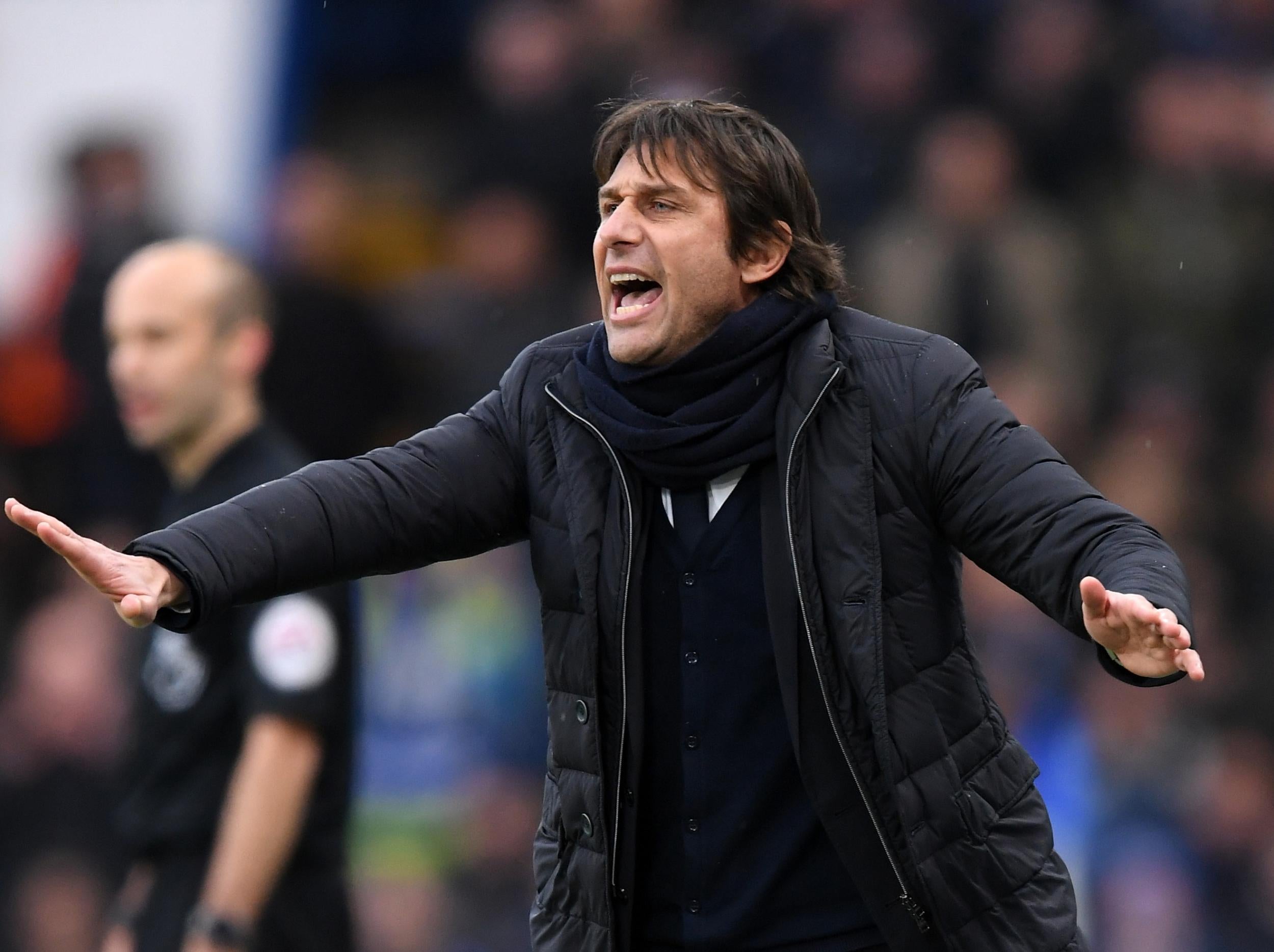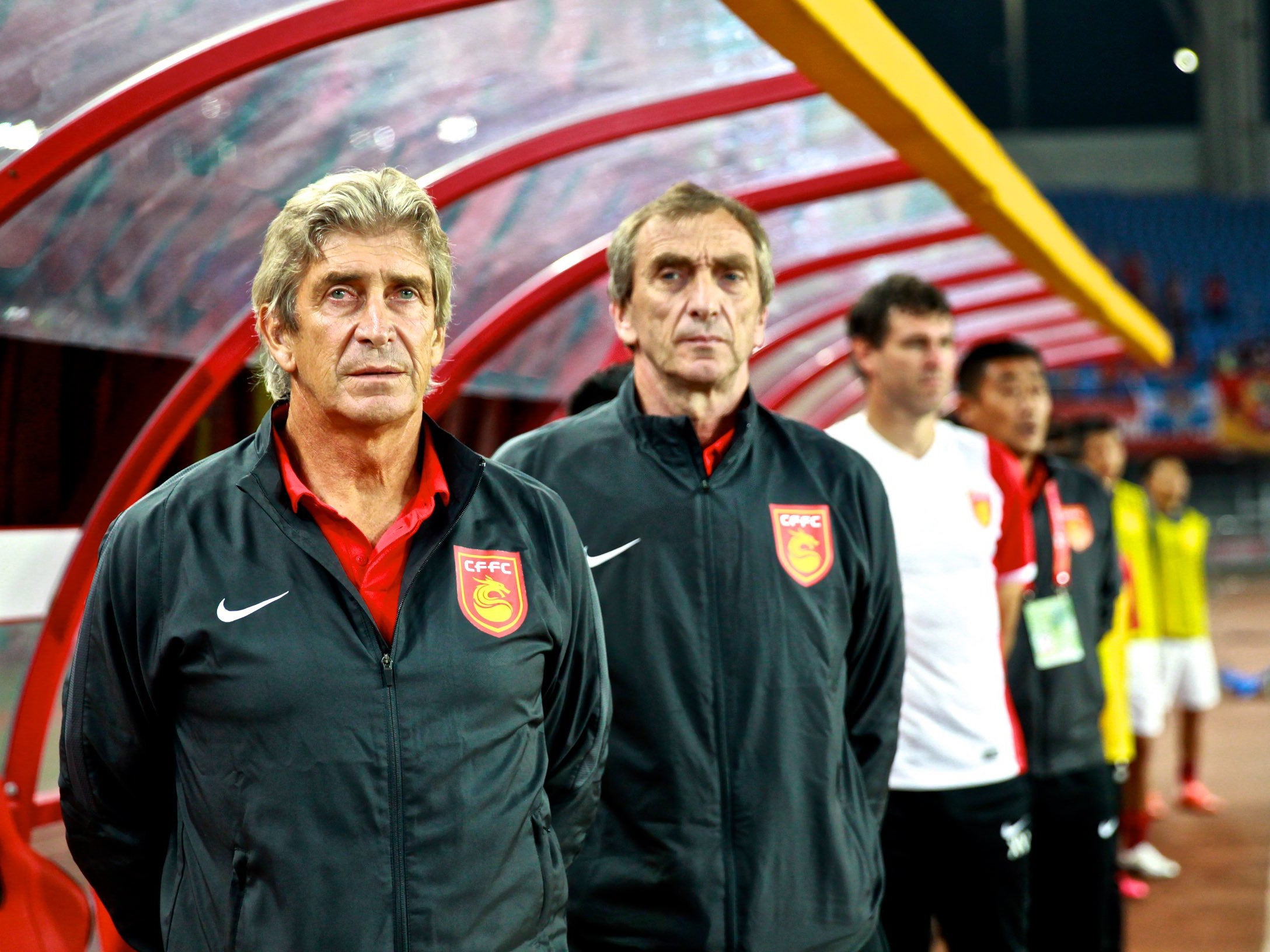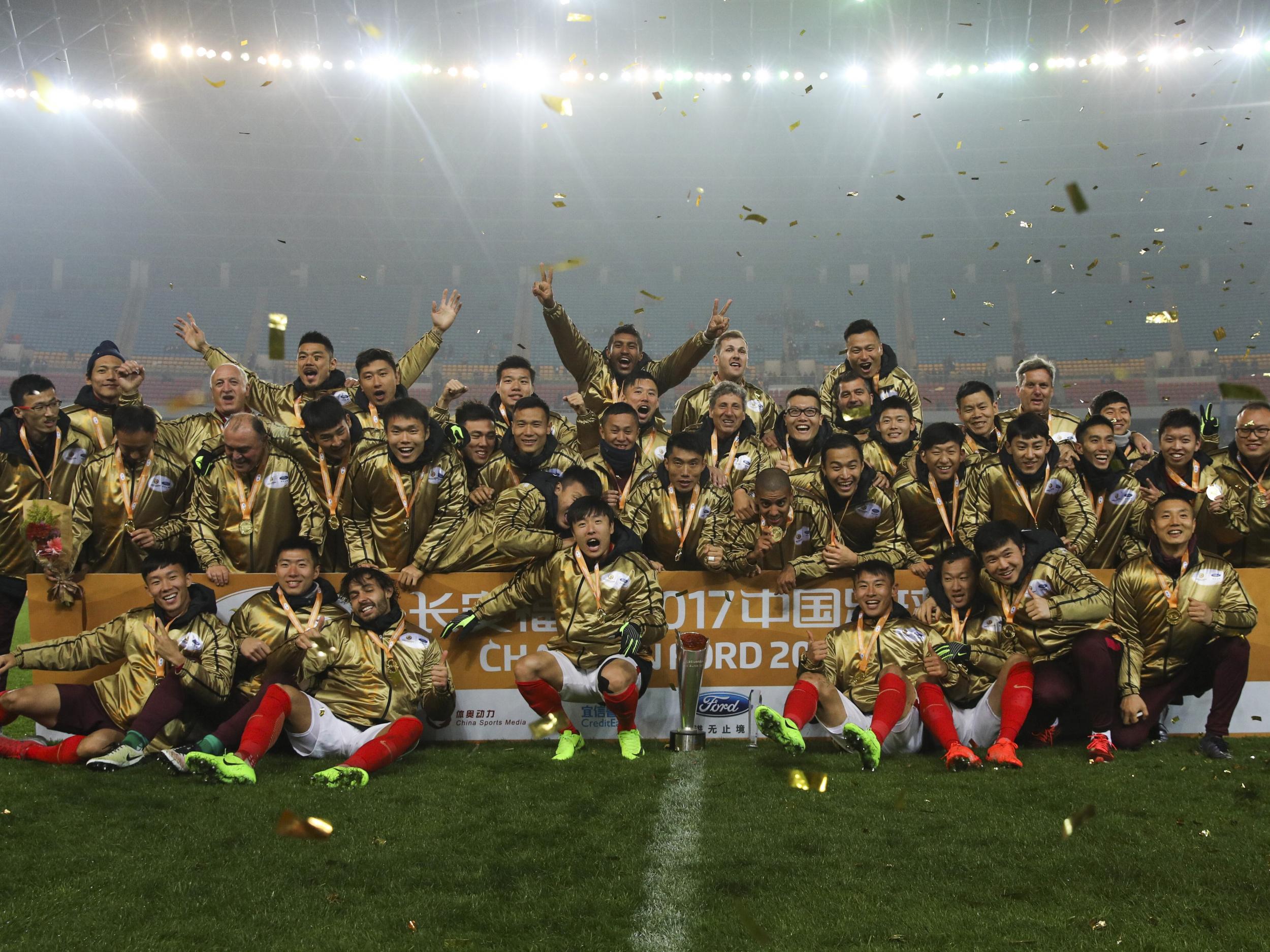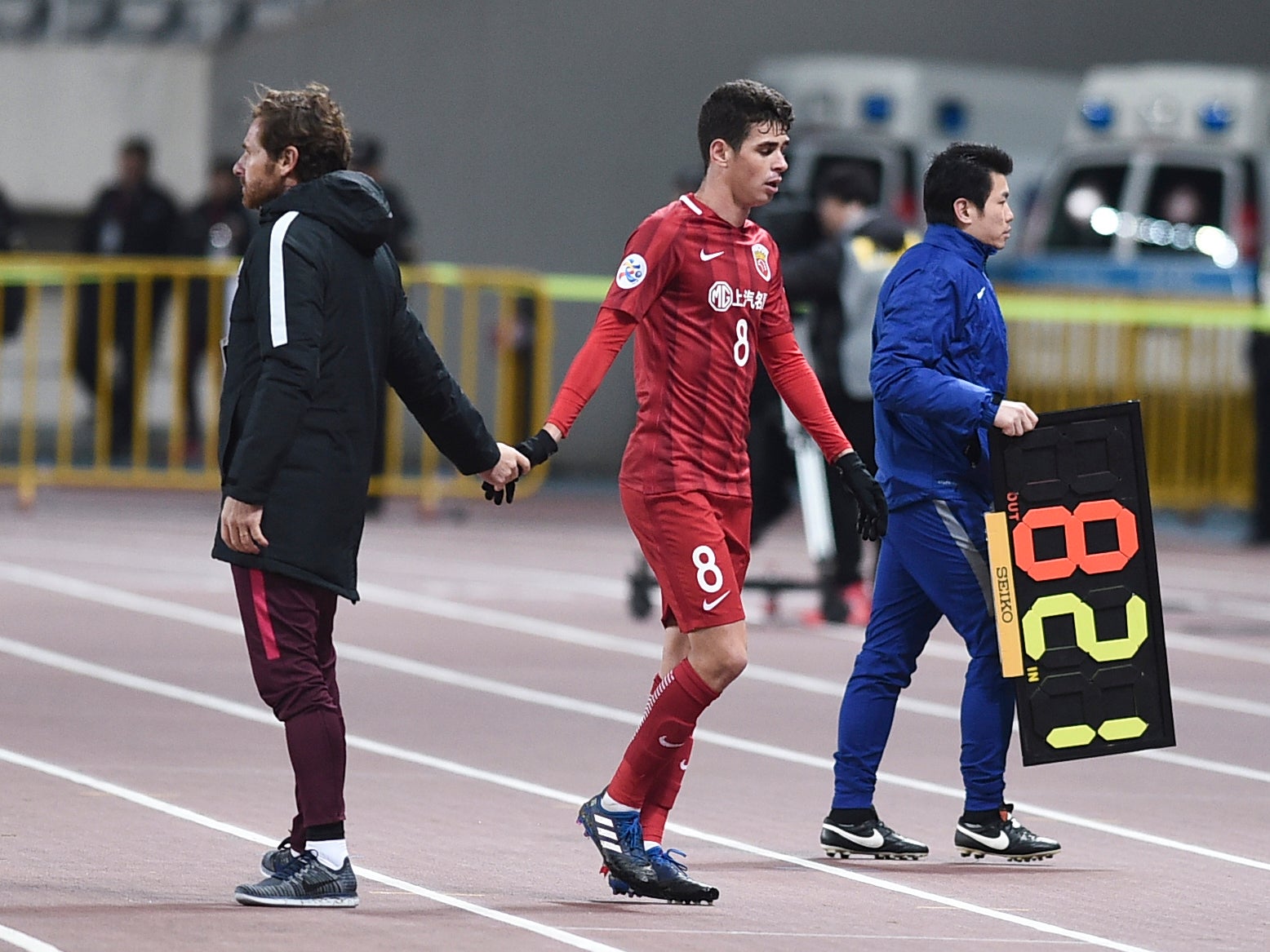Chinese Super League transfer window finally shuts having truly rocked football's world order
Chelsea manager Antonio Conte has warned that the Chinese market 'is a danger for all'
Your support helps us to tell the story
From reproductive rights to climate change to Big Tech, The Independent is on the ground when the story is developing. Whether it's investigating the financials of Elon Musk's pro-Trump PAC or producing our latest documentary, 'The A Word', which shines a light on the American women fighting for reproductive rights, we know how important it is to parse out the facts from the messaging.
At such a critical moment in US history, we need reporters on the ground. Your donation allows us to keep sending journalists to speak to both sides of the story.
The Independent is trusted by Americans across the entire political spectrum. And unlike many other quality news outlets, we choose not to lock Americans out of our reporting and analysis with paywalls. We believe quality journalism should be available to everyone, paid for by those who can afford it.
Your support makes all the difference.For a second successive winter transfer window, the Chinese Super League has upset the established world soccer order with the spending power and ambition of its biggest clubs.
It started in December as Shanghai SIPG agreed to pay $60 million to Chelsea for Brazil's Oscar in a move that prompted Antonio Conte, coach of the Premier League club, to warn about the challenge from the east.
"The Chinese market is a danger for all," Conte said. "Not only for Chelsea, but all the teams in the world. But I think we must concentrate on our work, not think that in China there is a lot of money and they can arrive to take the players there."

It continued in January with Shanghai Shenhua reportedly making Argentina's Carlos Tevez the highest-paid player in the world, and it finally closed on Feb. 28, three days before the start of the 2017 Chinese Super League season.
FC Cologne Sporting Director Jorg Schamdtke expressed some relief, telling the Bild newspaper: "The madness will be over soon." The German club turned down big money offers for star striker Anthony Modeste from Tianjin Quanjian. "We've said 'no' once and we did not want to give because of a next offer."
Tianjin, newly-promoted to the Chinese top tier, has been one of the most active clubs in the transfer market and linked with moves for Chelsea's Diego Costa, Wayne Rooney of Manchester United and Borussia Dortmund striker Pierre-Emerick Aubameyang.
Under coach Fabio Cannavaro, Italy's 2006 World Cup winning captain, Tianjin spent more than $20 million on Belgian international midfielder Axel Witsel, who turned down Italian giant Juventus to join former Brazilian and AC Milan striker Alexandre Pato at the Chinese club.
"It was a very difficult decision because on one hand there was a great team and a top club like Juventus," Witsel said in January. 'But on the other there was a crucial offer for my family that I couldn't turn down."
Juventus lost Brazilian striker Hernanes to Hebei. Coached by former Real Madrid and Manchester City coach Manuel Pellegrini, Hebei spent just over $100 million in the transfer window.

Much of that went on local players. Its most expensive acquisition was the reported $22 million spent on Zheng Chengdong from Beijing Guoan. Hebei signed three other Chinese players for more than $10 million.
With new rules introduced in January that restrict clubs to using just three foreign players during any one league game, the teams that compete at the top are now chasing the best Chinese talent — and that is driving up prices domestically.
According to Hong Kong-based agent Chris Atkins of RWMG Sports, the success of two-time Asian Champions League winner Guangzhou Evergrande in claiming the last six Chinese Super League titles is down at least as much to the team's strong spine of local talent as to its contingent of foreign stars.

"It is imperative for any side hoping to win the league that they have depth and quality of local players," Atkins told The Associated Press.
Atkins warns of the dangers of bigger clubs stockpiling Chinese talent with young players — in more demand as clubs must now include two local under-23s in match rosters of 18 — becoming complacent because of to the rewards available earlier in their careers.
Inflation has worked its way down to the lower leagues, too.

"Salaries for local players have rocketed right down the spectrum," Atkins said. "In some cases clubs in League One (China's second tier) are losing talent to clubs in the third tier with the financial capability to offer increased salaries."
The government may be happier to see large sums paid to other Chinese clubs rather than foreign teams. In January, a spokesperson for China's General Administration of Sport said that the department would "regulate and restrain high-priced signings and make reasonable restrictions on players' high salaries."
It remains to be seen what effect this has.
"There will be influence on future transfer actions,"said Gu Xin, editor of Yutang Sports, a Beijing-based sports consultancy. "The president of (Shanghai) SIPG Chen Xuyuan said that they will not do the same large-scale transfers in 2018. It might be because their roster is strong enough, but it may also be impacted by the government concerns."
Join our commenting forum
Join thought-provoking conversations, follow other Independent readers and see their replies
Comments